令和元年に内閣府が行った世論調査に依ると、国の政策に対して、国民の考えや意見がどの程度反映されていると思うかを聞いた質問の回答で、反映されていないと答えた割合が67.1% (あまり反映されていない 52.1% + ほとんど反映されていない 15.0%)にも上ることがわかりました。
一方で、国の代表を決める国政選挙の投票率は、過去50年間の推移をみても、諸外国と比較しても低い水準にシフトしています。令和元年7月に行われた第25回参議院議員通常選挙では、全体の帳票率が48.80%。年代別では、20代の30.96%、30代の38.78%と低さが際立っています。年代別でみて一番高い投票率は60代の72.04%。
このままでは、社会保障の拡充など高齢者を優遇する政策を打ち出す候補者が選挙で有利になり、これから社会で中心となっていく、若い世代の教育や子育て、就職、雇用などに十分にお金が使われなくなってしまうことを危惧します。
そもそそも、国の政策に対して、国民の意見が反映されていないと答えながら、国民の代表を決める国政選挙に投票していないとこと自体がとてももったいなく思いますが、私たちの清き一票がお金に換算したらいくらの価値があるのでしょうか。
滋賀県立大学環境科学部の村上一真准教授(行動経済学)が算出した方法がとても妥当だと思ったので紹介してみます。
村上准教授が開発した計算方法は、まず国の一般会計(2021年度予算案)から、国会議員が簡単にコントロールできない国債費23兆7588億円をのぞいた82兆8509億円を算出し、これを衆参両院の国会議員710人で割った約1166億円を「国会議員1人当たりの年間責任予算額」とする。
ひとりの国会議員は国民生活を豊かにするために、年間約1166億円分の予算の執行に責任を持つというわけです。続いて、ベースとなるこの額に次期衆院選で選出される465人と任期の4年を掛け、有権者数で割ると(1166億円×465人×4年÷1億571万4691人)、有権者一人あたりの投票の価値が導き出される。その額はおよそ205万円となりました。
選挙権を持っている有権者の数は、1億571万4691人いる訳ですが、実際に投票している人はこの半数くらいしかいないわけですから、投票した人の数で計算すると、一人あたりの投票の価値は400万円まで跳ね上がる言ってもいいかもしれません。
どうでしょうか。私たち一人の投票にこれだけの価値があるのならば選挙に行かないともったいないですね。
そして、選挙に興味を持つためには、選挙に立候補する人や、各政党がどのような公約やビジョンを掲げているかを勉強する必要もありますね。私自身も勉強していきたいと思いました。
(English)
According to a public opinion survey conducted by the Cabinet Office in 2019, 67.1% (52.1% not much + 15.0% little) of the respondents answered that the government’s policies do not reflect the views and opinions of the people. On the other hand
On the other hand, the voter turnout for national elections to determine the representatives of the country has shifted to a low level compared to other countries over the past 50 years. In the 25th ordinary election for the House of Councillors held in July, 2049, the overall turnout was 48.80%. By age group, the percentages were noticeably low: 30.96% for those in their 20s and 38.78% for those in their 30s. The highest voter turnout by age group was 72.04% among those in their 60s. I fear that if this trend continues, candidates who offer policies that favor the elderly, such as the expansion of social security, will have an advantage in the election, and not enough money will be spent on education, child rearing, employment, and employment of the younger generation, who will become the core of society.
I think it is a waste of time that people do not vote in national elections to decide the representatives of the people, while answering that the opinions of the people are not reflected in the national policies.
But how much is a clean vote worth in terms of money? Kazuma Murakami, an associate professor of behavioral economics at the University of Shiga Prefecture’s School of Environmental Science, has developed a method that I think is very reasonable.
The calculation method developed by Associate Professor Murakami begins by calculating 82.859 trillion yen from the national general account (FY2021 draft budget), excluding 23.758 trillion yen in government bond expenditures, which cannot be easily controlled by Diet members, and divides this amount by 710 Diet members in both houses of the Diet, resulting in approximately 116.6 billion yen as the “annual amount of budget responsibility per Diet member. This is about 116.6 billion yen divided by 710 Diet members. Each member of the Diet is responsible for the execution of about 116.6 billion yen worth of budget per year in order to enrich the lives of the people.
Then, multiply this base amount by the 465 members to be elected in the next lower house election and their four-year terms of office, and divide by the number of voters (116.6 billion yen x 465 members x four years / 157,146,691) to get the value of a vote per voter. That amount turned out to be approximately 2.05 million yen.
There are 157,146,691 voters who have the right to vote, but only about half of them actually vote, so if we calculate based on the number of people who voted, we can say that the value of a vote per person jumps up to 4 million yen.
What do you think? If a single person’s vote is worth this much, it would be a shame not to go to the polls. In order to get interested in elections, we need to learn about the people running for office and what kind of promises and visions each political party has. I would like to learn more about this myself.
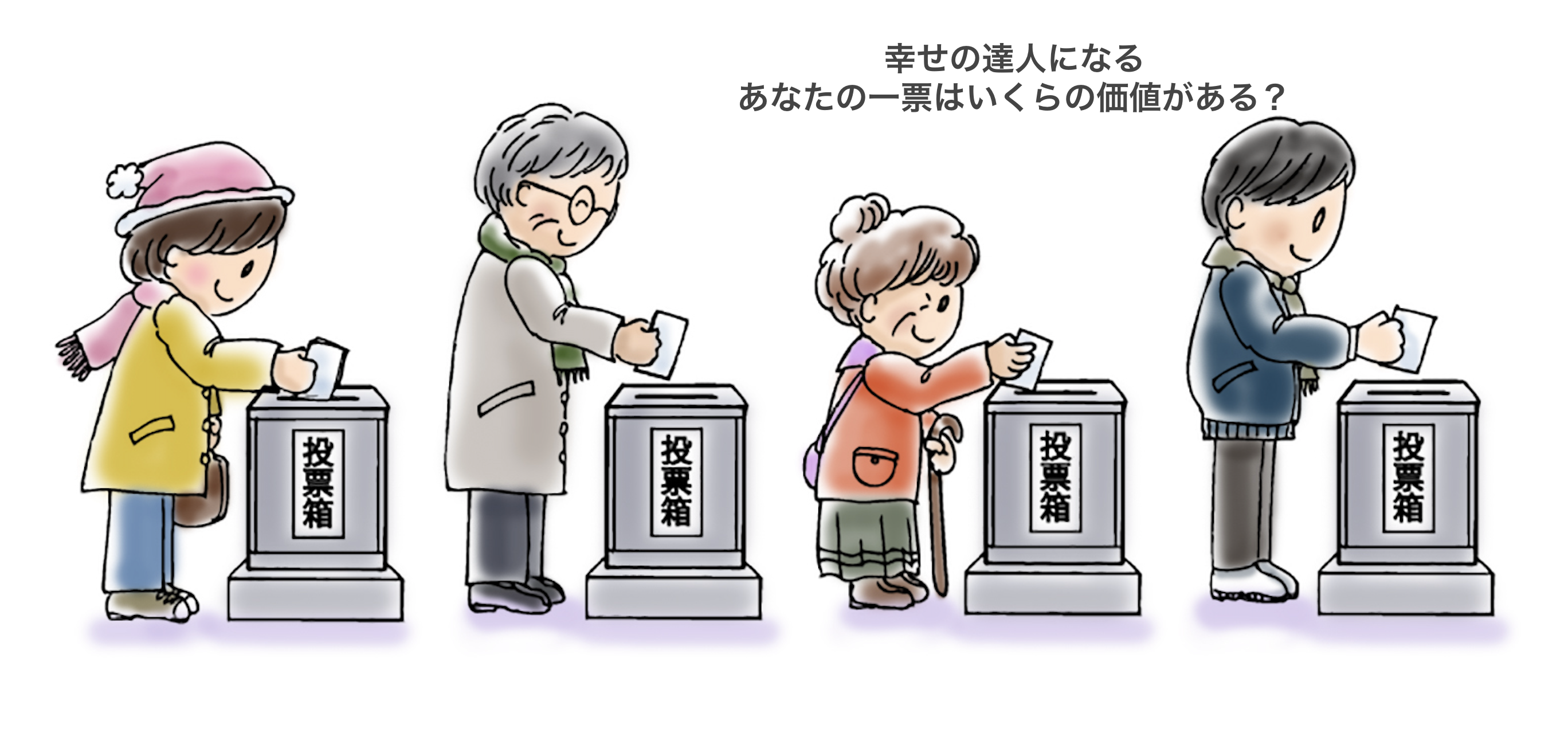


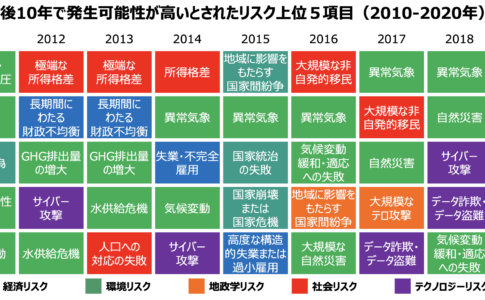

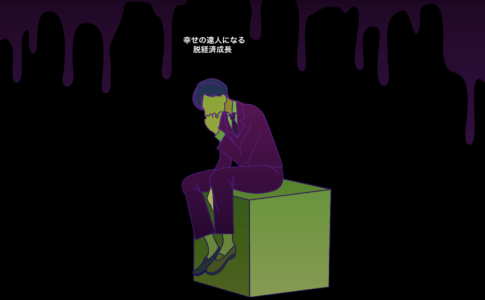



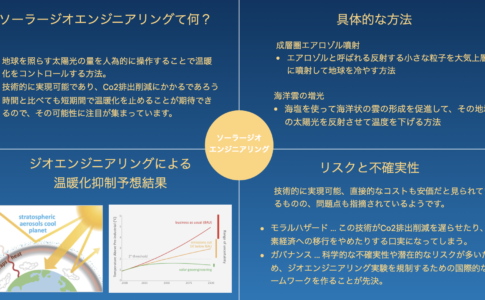
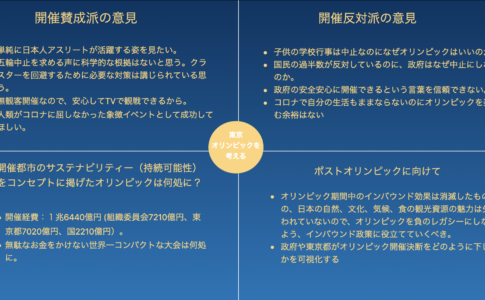

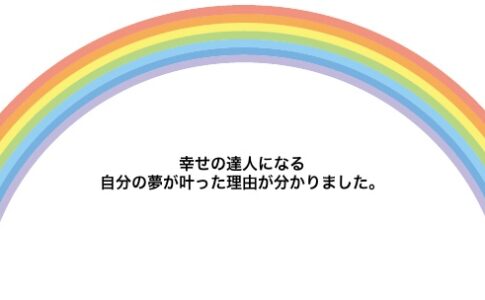
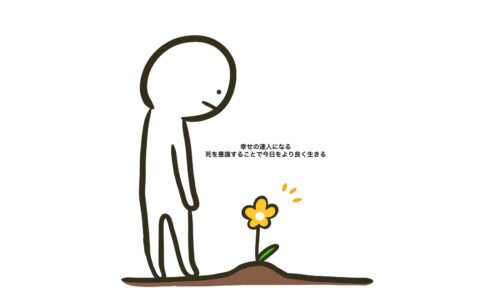
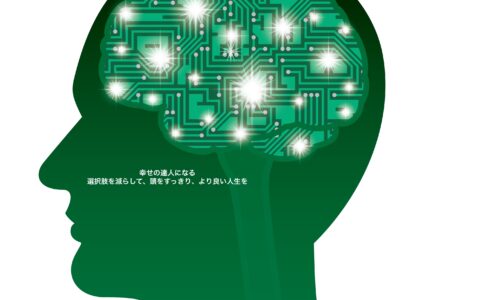

私の清き一票がお金に換算するとこんなに価値があるとは知りませんでした。